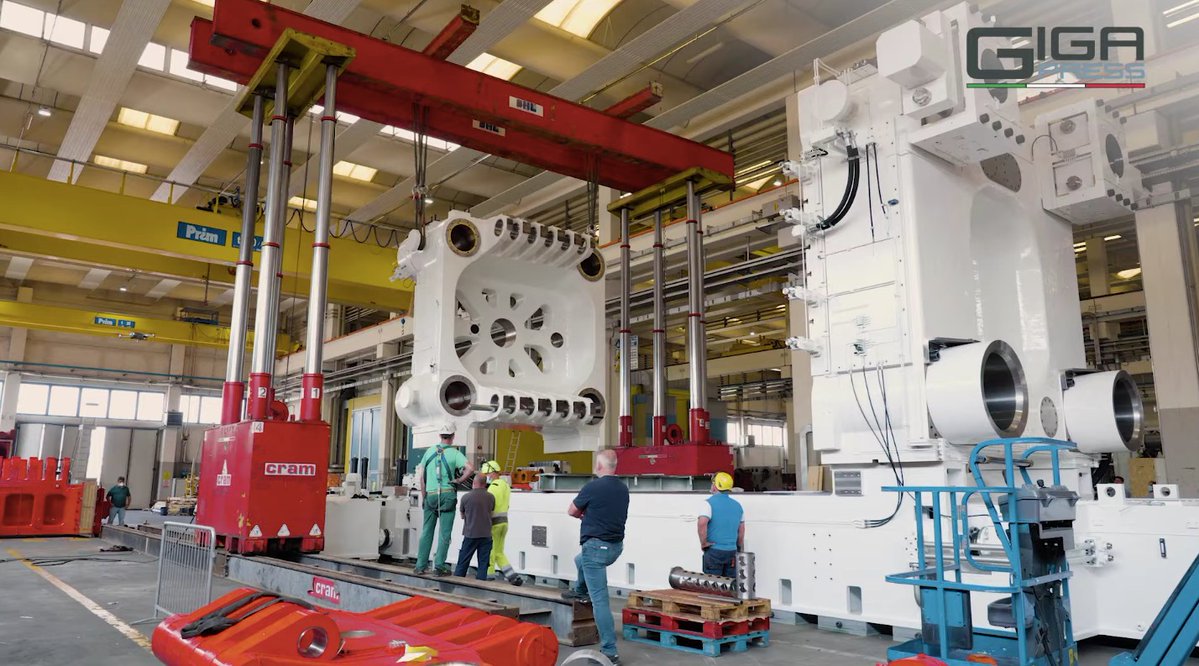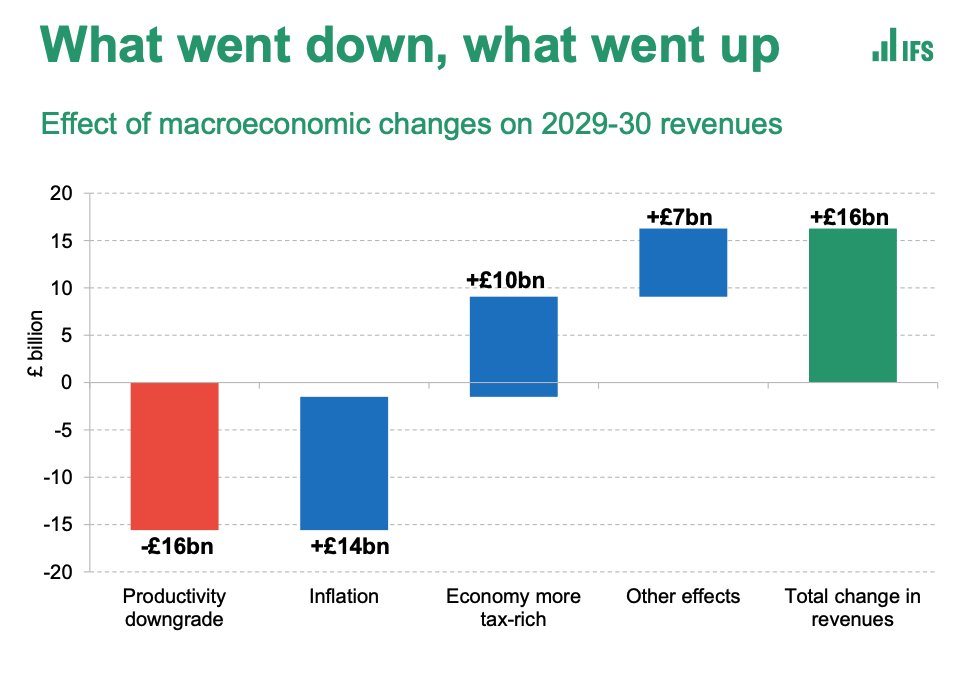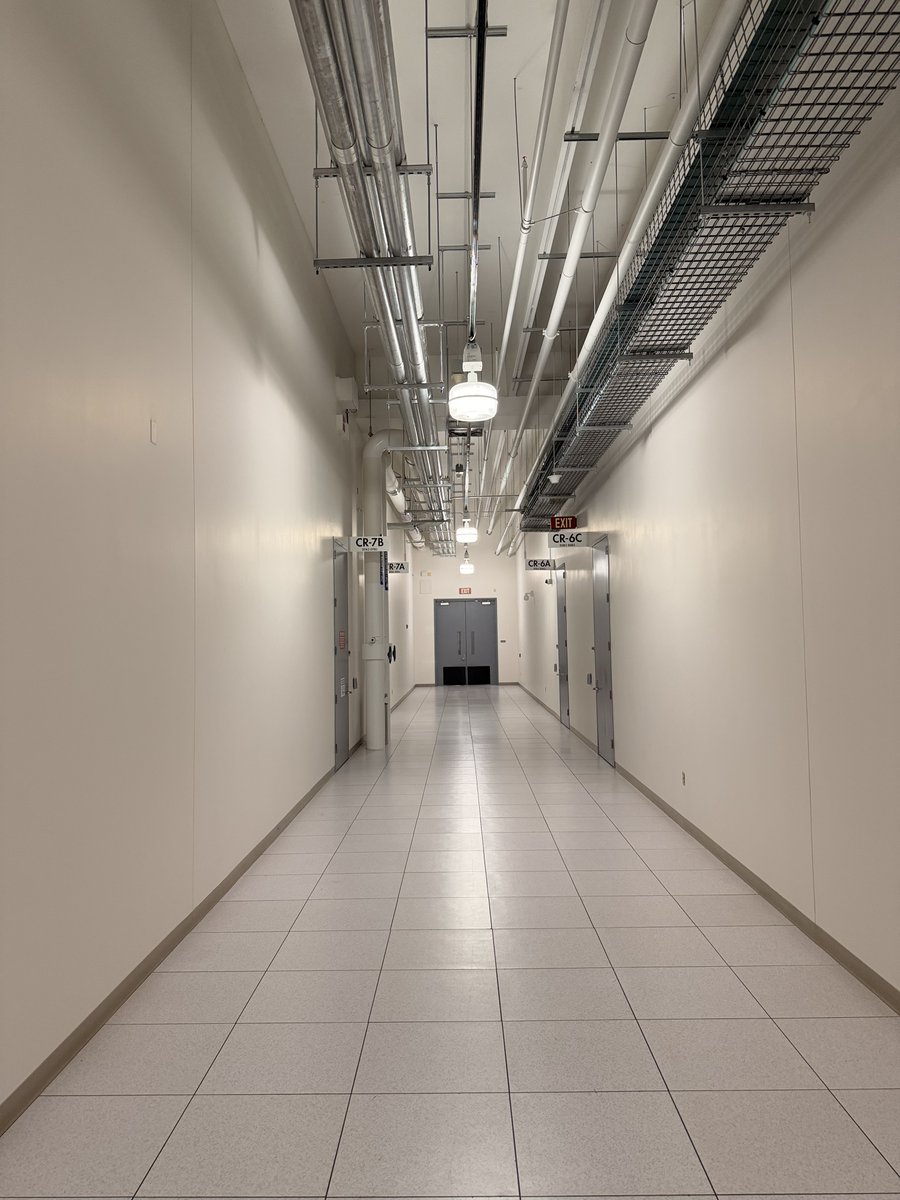Are NHS operation cancellations at an all-time high? That's the impression you might have been left with if you read this story from the Labour party today, about some FOI numbers it's gotten hold of labour.org.uk/press/foi-reve…
Labour's research shows numbers of cancellations in past 3yrs exceeded 80k. Much of that's due to staffing issues & equipment failures. But the main question this chart makes me ask is: OK but if you had bars going further back would they really show it's now an all time high? 

The short answer is: no. NHS England has a database of cancellations going back to the '90s. They suggest cancellation numbers are high, but not rising exponentially. NB Labour's figs aren't 100pc comparable since they cover other parts of the UK tho not every trust/region. 

But even that doesn't tell full story. There are more NHS patients/operations every yr. Best way of judging cancellations is by dividing them by no of admissions. Which gives you this chart. V different story. Cancellation rate up since 2012 but lower than late 90s or early 2000s 

Actually, politicians DON'T often get their facts plain wrong. But they DO often bend facts and omit context to reinforce their points
That's why, this election campaign, @SkyNews will be running #CampaignCheck to provide analysis & context to help inform your vote on Dec 12
That's why, this election campaign, @SkyNews will be running #CampaignCheck to provide analysis & context to help inform your vote on Dec 12
If politicians get stuff totally wrong, we'll call them out. More importantly, we'll try to provide context to show their bald claims often aren't quite as simple or easy as they make them sound. Tweet me or use the #campaigncheck hashtag if you want us to explore specific claims
Are politicians telling the truth? Is there such a thing as the truth? Can you handle the truth? All questions we’ll be tackling in a new @SkyNews thingy called #campaigncheck. Tweet us if you have any topic requests. More details here: news.sky.com/story/general-…
• • •
Missing some Tweet in this thread? You can try to
force a refresh














